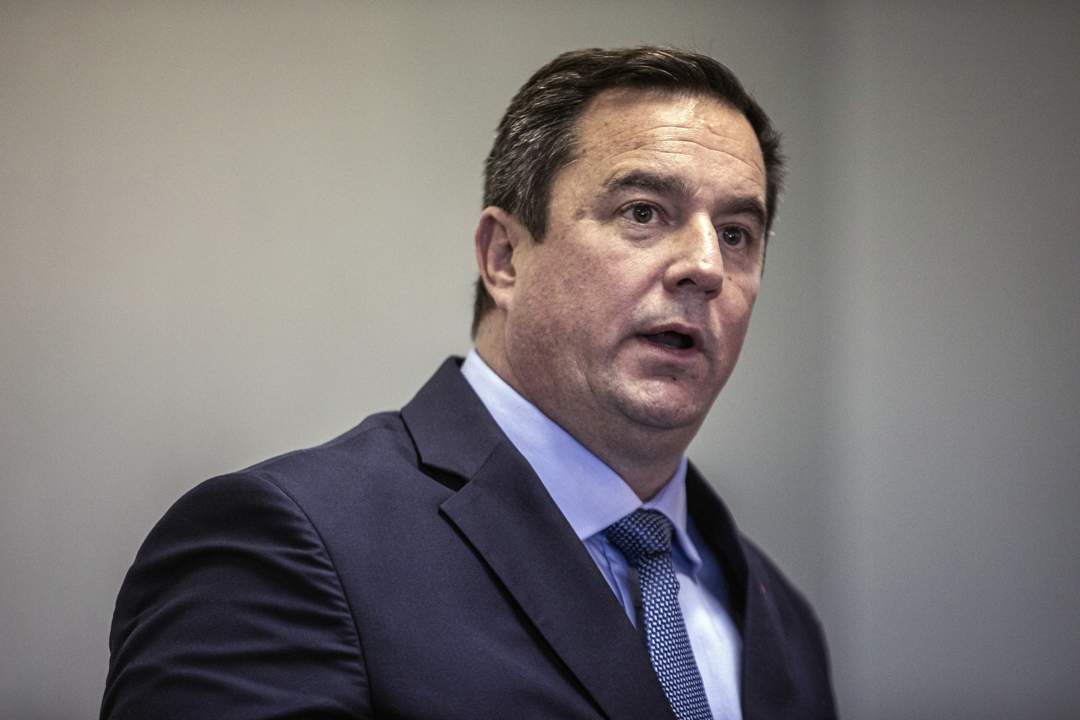News
Steenhuisen Pushes for Local Foot and Mouth Vaccine to Protect SA Farmers

A disease that keeps hitting South Africa’s farmers
Agriculture Minister John Steenhuisen has called for South Africa to take control of its fight against foot and mouth disease by producing vaccines domestically. Speaking to farmers in Eshowe, northern KwaZulu-Natal, Steenhuisen said the livestock disease has been eating away at the country’s agricultural economy and needs stronger homegrown solutions.
Currently, South Africa relies on vaccines imported from Botswana, with a new order of 900,000 doses already placed. But Steenhuisen warned that dependency on outside supply chains weakens the country’s response and delays recovery. “This disease is impacting our beef production; therefore, it must be prevented,” he told the gathering.
A seven-point plan and tighter controls
The minister has outlined a seven-point plan to limit the spread. Among the measures is the stricter regulation of livestock movement between provinces. Farmers will now need to present vaccination certificates when stopped at checkpoints, ensuring herds are protected before being transported.
At present, only the Western and Northern Cape provinces remain untouched by the outbreak. Steenhuisen noted that while the disease has spread widely, his department has avoided declaring disaster zones to prevent stigmatising affected provinces, since not every district is impacted.
Why local vaccine production matters
South Africa’s beef industry is one of the country’s key export sectors, and outbreaks of foot and mouth disease threaten both local sales and international trade. Having the ability to produce vaccines within the country would give farmers faster access to protection, reduce costs and shield exports from disruption. It could also strengthen food security by keeping cattle herds healthier in the long term.
Global pressures on local produce
Beyond the immediate crisis, Steenhuisen highlighted another challenge for South African agriculture. The United States, under the Trump administration, has imposed a 30% tariff on certain imports. Steenhuisen criticised the policy, saying American consumers will end up paying more while still relying on quality South African produce such as citrus fruits. For farmers already struggling with disease and export hurdles, tariffs add another layer of uncertainty.
A step toward agricultural resilience
For many in the sector, Steenhuisen’s plan is not just about vaccines but about building resilience. By creating a local supply chain for animal health, South Africa could better protect its farmers, its economy and its reputation as a global food supplier. The test will now be whether the political will and investment follow through before the next outbreak strikes.
Also read: Why South Africa’s Proposed Alcohol Ad Ban Has Sparked Fierce Pushback
Follow Joburg ETC on Facebook, Twitter, TikT
For more News in Johannesburg, visit joburgetc.com
Source: IOL
Featured Image: News24















